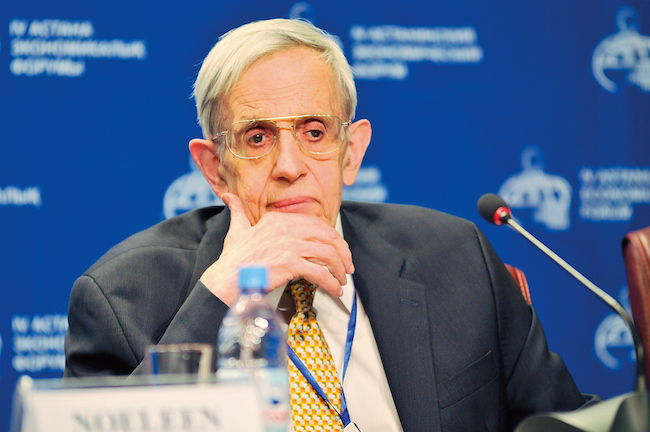His theory is used in decision making
The fact that he received the Nobel Prize for his theory, Nash Equilibrium Theory, is an interesting fact about John Nash. These days, decision-making in business uses this method frequently. The concept of Nash equilibrium was developed by American mathematician John Nash. It is regarded as one of the most crucial ideas in game theory, which seeks to rationally and mathematically decide what steps players in a game should take to get the greatest possible results for themselves.
Nash equilibrium is regarded as a key idea in game theory because of how widely it may be used. From economics to the social sciences, a wide range of fields can use the Nash equilibrium. By disclosing each player's plan to the other players, you can quickly determine the Nash equilibrium or determine whether it even exists. If no one modifies their approach, the Nash equilibrium is established.
A player can obtain the desired outcome by sticking to their initial strategy, according to the Nash equilibrium, a decision-making theorem in game theory. Each player's strategy in the Nash equilibrium is the best one given what the other players have decided. Because everyone receives the result they want, everyone wins. The prisoners' dilemma is a well-known example from game theory that effectively illustrates the impact of the Nash equilibrium. The dominant strategy, which asserts that an actor's chosen strategy will produce the best results out of all potential tactics, independent of the strategy employed by the opponent, is frequently addressed in combination with the Nash equilibrium. The most advantageous course of action is not necessarily taken when the Nash equilibrium exists.








